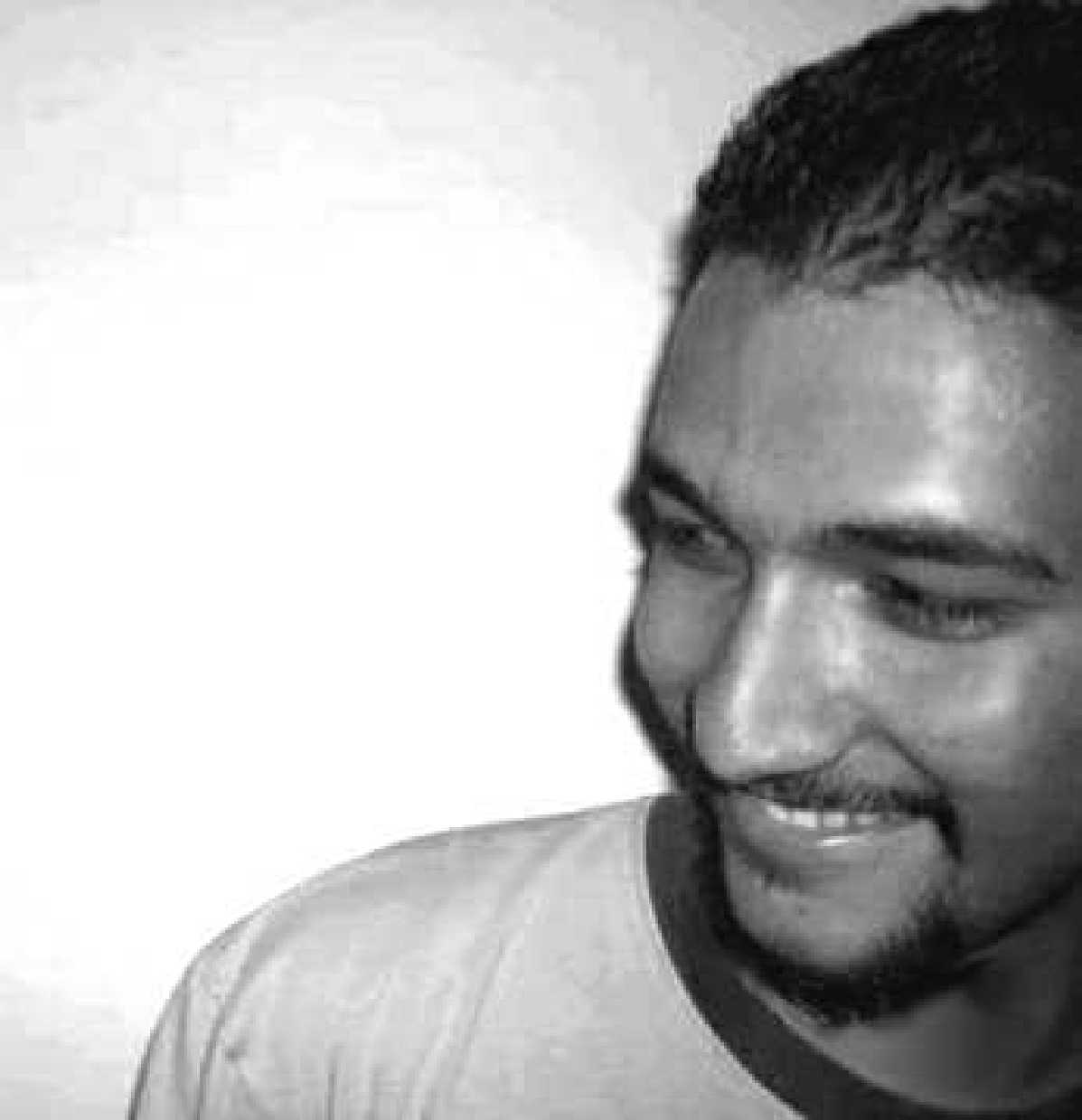
Youd Better Not Read This
Now that we're all back from spring break, we're assured that it's not a
dream: spring has come! The weather is better (although still changeable
as usual at this time of year in Ankara), and day by day, it's getting
harder and harder to concentrate on lectures.
As summer approaches, we see more people
trying to become healthier. Actually, "healthier" is not the correct
word here. Most of them don't care about being healthy--they only want
to look better and fitter in their swimsuits or bikinis from June to
October. They've started to run or work out in the sports hall and to
change their eating habits, replacing high-calorie foods with salad.
It might sound like I'm picking on that
group, but the ones who are genuinely concerned about their health bring
up a more dramatic issue in my mind. Of course making an effort to be
healthier can be considered a positive thing, but this effort makes me
think about what a dangerous environment we're living in.
Let's examine the kinds of things we do
during a typical day. I'm not trying to tell you to stop doing this and
start doing that. I would hate myself. This is just a collection of
hints about how our bodies might look and function 30 years from now.
When you're using a computer, your fingers
and wrists are working under unnatural pressure. Your backbone probably
loses its proper alignment and your eyes inevitably face potentially
damaging lightwaves. A television is even more harmful than a computer
monitor in this sense.
Spending time downtown might be more risky
than bungee jumping. The carbon monoxide density in the air is 3 times
higher than it was 50 years ago, and it's getting worse. And there's no
need to remind you about the gases coming from car exhausts.
Talking on the phone destroys our brain
cells, texting kills our hand joints, and no matter how you use a
cellphone, it elevates your cancer risk.
Finally, everything you eat contains some
amount of poison. Even foods that are supposed to be completely natural
are manipulated genetically and/or hormonally. As if that's not enough,
everything that we use to clean our houses and streets accumulates in
the ground and creates a continually increasing threat for coming
generations.
You might hate me for telling you these
things. Well, that's a risk I'm taking. I'm just telling the truth and
not trying to say how we should change the situation. Plus, I don't
think that we can change it. Maybe we're the agents that nature created
to destroy itself, but an error occurred, and we've accidentally been
programmed to destroy ourselves before we destroy nature. We're
sacrificing ourselves for nature. Beyond a doubt, it will exist one way
or another after we're all dead because of our own actions.
İsmail O. Postalcıoğlu (POLS/III)
ismail_orhan@yahoo.com
 |







